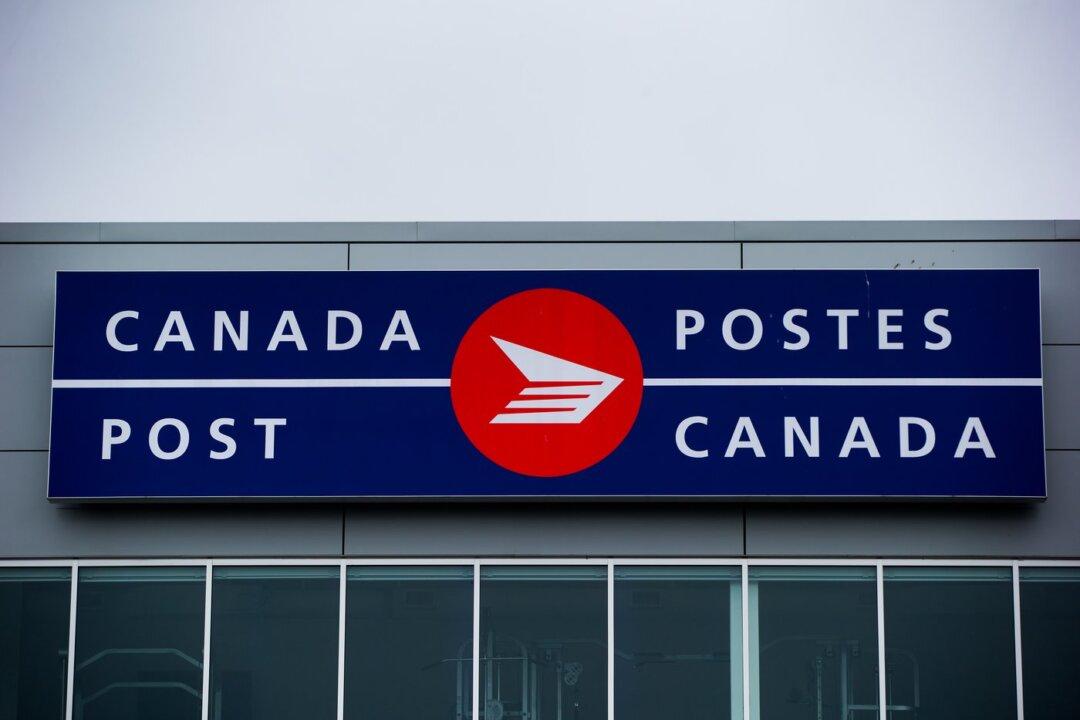The chair of Canada Post’s board says the organization’s financial situation is unsustainable.
“The board and senior management recognize that Canada Post is at a critical juncture,” said André Hudon at its annual general meeting on Wednesday.

The chair of Canada Post’s board says the organization’s financial situation is unsustainable.
“The board and senior management recognize that Canada Post is at a critical juncture,” said André Hudon at its annual general meeting on Wednesday.